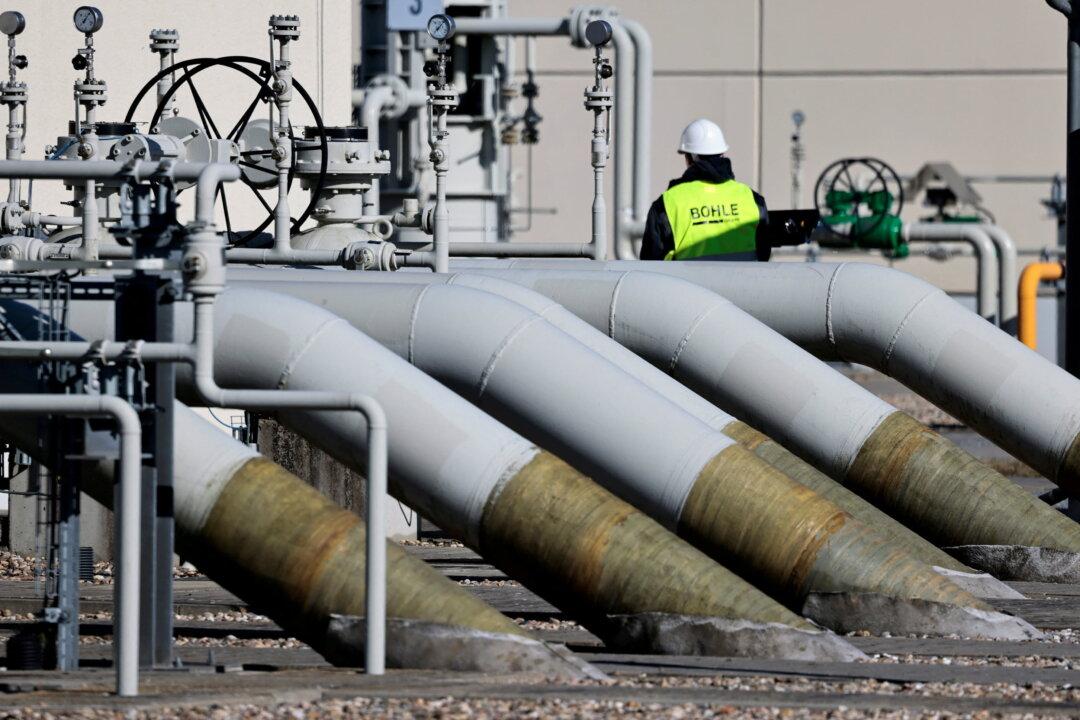With the European Union (EU) pushing ahead with its proposal to cap gas prices, leading energy exchanges are warning that the decision could pose a serious economic threat to the region.
In a Nov. 19 letter to members of the European Commission, the Association of European Energy Exchanges (“Europex”) pointed out that gas derivatives were a crucial tool for producers and consumers to hedge against gas spot price volatility. If price caps on gas derivatives, like the Title Transfer Facility (TTF) front-month futures contracts, are put into place, it could trigger “major risks to financial stability and security of supply.”





